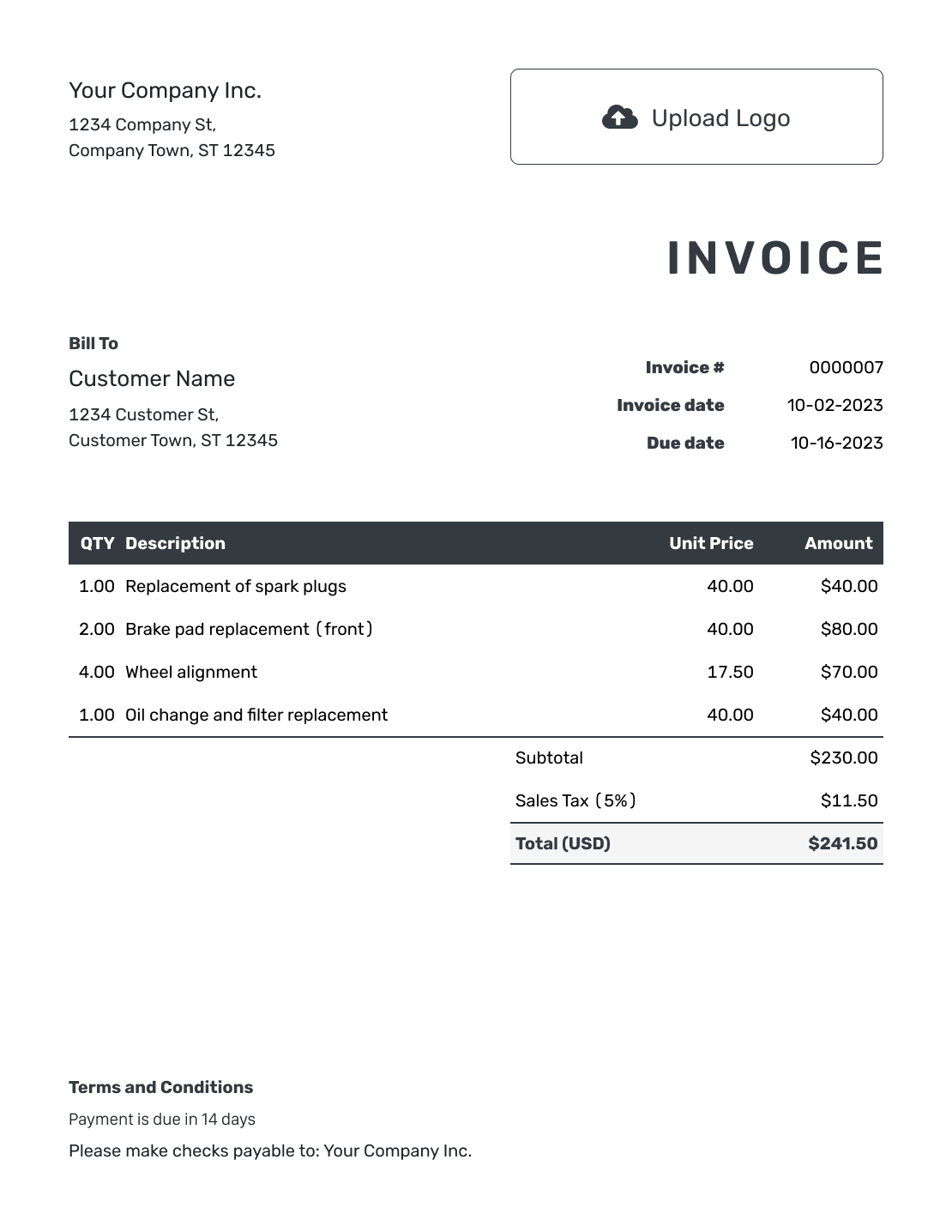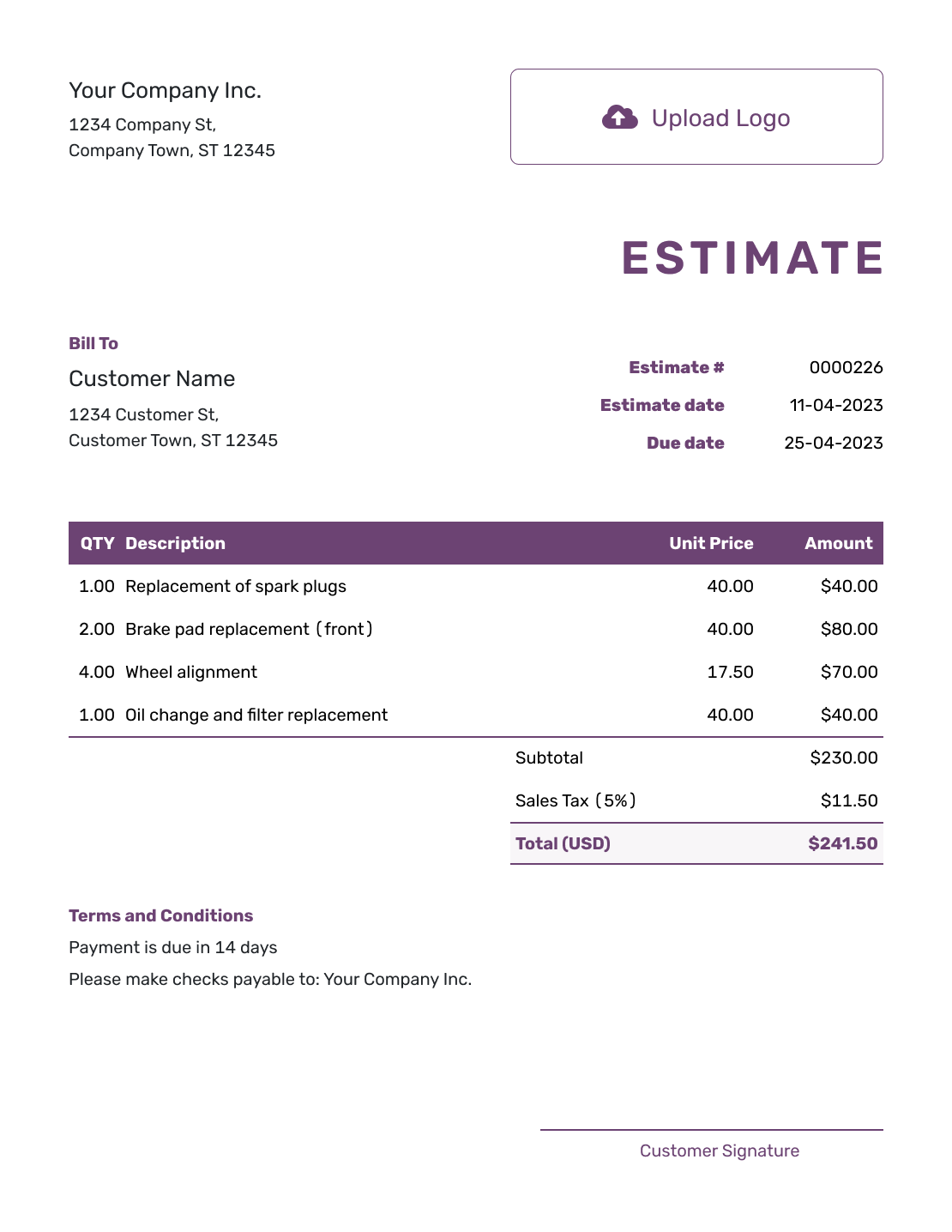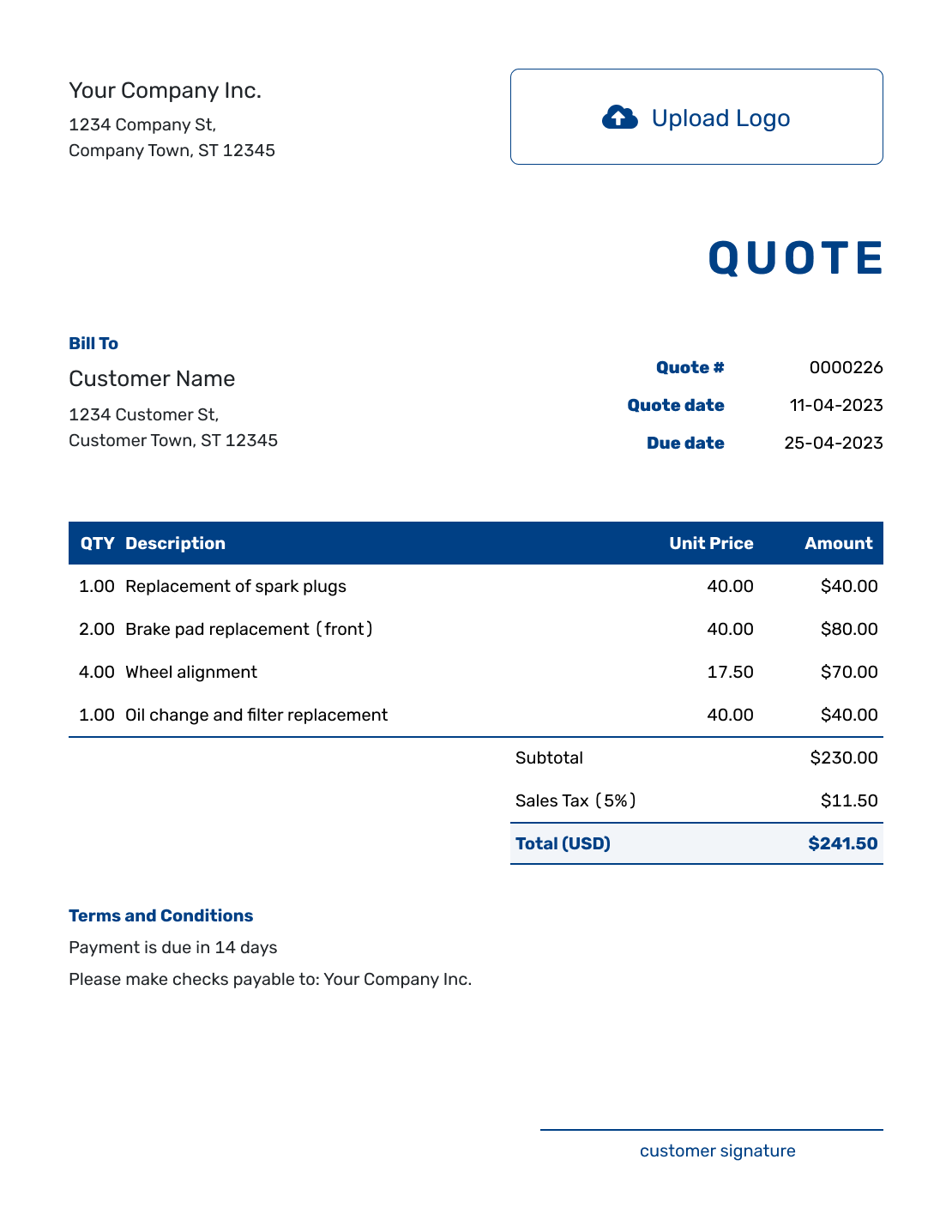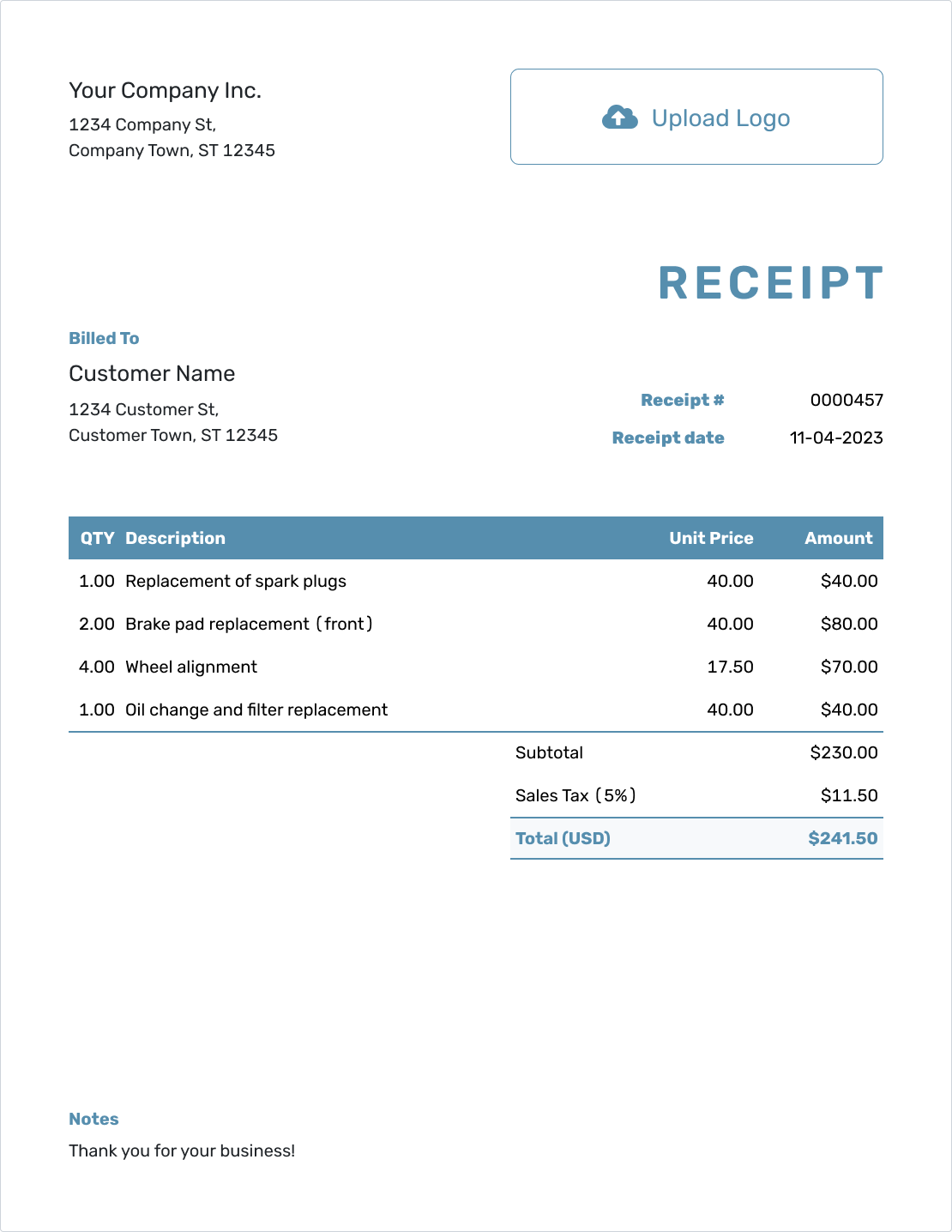Understanding
Business Plans
Est. reading time: 6 min

A business plan is your roadmap to success. Whether you're starting a new venture or growing an existing one, a well-crafted business plan can guide your decisions and impress investors. Below, we’ll break down what a business plan is, its essential sections, and tips for creating one that stands out.
What Is a Business Plan?
A business plan is a written document that outlines your company's goals and strategies for achieving them. It includes detailed information about your business model, target market, financial projections, and operational plans. Think of it as a blueprint for your business.
Key Sections of a Business Plan
A comprehensive business plan typically includes the following sections:
1. Executive Summary
This is an overview of your entire plan. It highlights key details such as your business idea, mission statement, and financial goals.
2. Company Description
Here, you’ll describe your business, its structure, and what sets it apart from competitors. Include your mission, vision, and values.
3. Market Analysis
Provide insights into your target market, industry trends, and competitive landscape. This shows you’ve done your homework and understand your niche.
4. Organization and Management
Detail your company's organizational structure and key team members. Investors want to know who's driving the business and their expertise.
5. Product or Service Line
Explain what you're selling, the benefits of your offering, and how it meets your customers’ needs. Highlight any intellectual property, like patents or trademarks.
6. Marketing and Sales Strategy
Describe your plan for attracting and retaining customers. Include pricing strategies, sales tactics, and promotional activities.
7. Financial Projections
Include detailed financial forecasts such as income statements, cash flow projections, and break-even analysis. This section demonstrates your business's viability.
8. Appendix
Use this section for additional information, like resumes, legal documents, or research that supports your plan.
Why You Need a Business Plan
Here's why every business needs a solid plan:
- Clarity and Focus: A business plan helps you define your objectives and focus your efforts.
- Attract Investors: A well-written plan can win over investors and lenders by showing them the potential of your business.
- Track Progress: Use your plan as a benchmark to measure your business's growth and adjust strategies when needed.
- Prepare for Challenges: Planning ahead helps you anticipate risks and develop strategies to overcome them.
Tips for Creating a Great Business Plan
Follow these tips to craft a business plan that makes an impact:
- Keep It Clear and Concise: Avoid jargon and write in a way that's easy to understand.
- Use Data and Research: Support your claims with facts, figures, and credible sources.
- Tailor It to Your Audience: Customize your plan based on whether it's for investors, lenders, or internal use.
- Update Regularly: Your business evolves, and so should your plan. Review and revise it as needed.
A great business plan is a living document that grows with your business. Start small, refine over time, and let it guide your journey to success.




